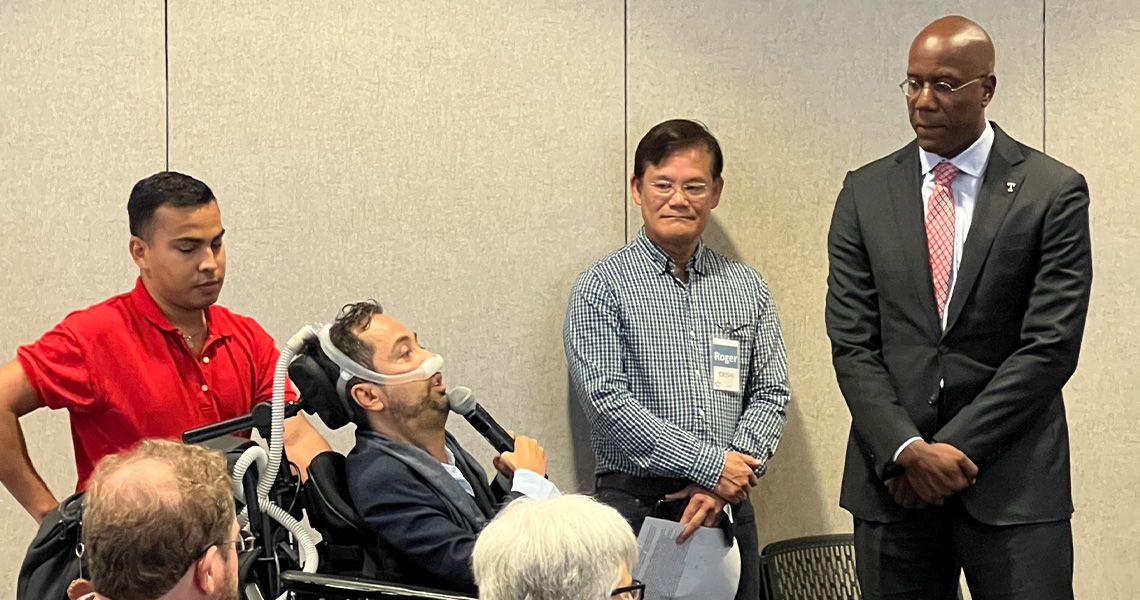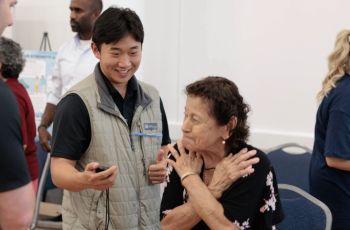Dr. Roger Ideishi, JD, OT/L, FAOTA, Program Director of Occupational Therapy and Professor in the Department of Health, Human Function & Rehabilitation Sciences at the George Washington University School of Medicine and Health Sciences, helped organize a panel on accessible design for neurodiversity. The panel, which was held at Temple University in Philadelphia from September 13th - 15th, was hosted by the U.S Access Board, a federal agency which promotes equality for people with disabilities through leadership in accessible design and the development of accessibility guidelines and standards. The Access Board is structured to function as a coordinating body among federal agencies and directly represent the public, particularly people with disabilities (access-board.gov/about/).
Panelists expressed that the general public’s lack of understanding and acceptance of neurodiversity creates challenges in the everyday lives of neurodiverse people. Panelists also highlighted the design challenges present in cultural and performance spaces where silence and stillness are expected of the audience, and how this can serve as a barrier to neurodiverse individuals.
“It’s important that we recognize the design barriers that neurodiverse individuals face in many aspects of their lives,” said Ideishi, “and work to create spaces in society that are truly inclusive and accessible to all.”
In 2017, Ideishi received the Art-Reach Philadelphia Cultural Access Individual Impact Award, and in 2019 he was awarded the Kennedy Center Achievement of Leadership in Accessibility Award. Most recently, Ideishi was named one of The Kennedy Center’s Next 50 for his efforts.



